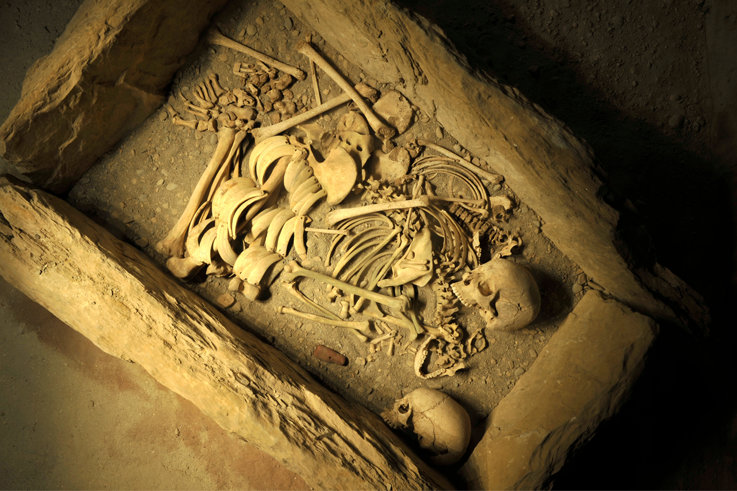
-
HOME
-
WHAT IS STANDOur Mission Our Values Our Help Contact
-
WHAT WE FIGHT FORReligious Freedom Religious Literacy Equality & Human Rights Inclusion & Respect Free Speech Responsible Journalism Corporate Accountability
-
RESOURCESExpert Studies Landmark Decisions White Papers FAQs David Miscavige Religious Freedom Resource Center Freedom of Religion & Human Rights Topic Index Priest-Penitent Privilege Islamophobia
-
HATE MONITORBiased Media Propagandists Hatemongers False Experts Hate Monitor Blog
-
NEWSROOMNews Media Watch Videos Blog
-
TAKE ACTIONCombat Hate & Discrimination Champion Freedom of Religion Demand Accountability
Humanity Is a Team. Here’s Why It Matters.
Humanity is a team. We function best as a species when we work together, play together, include one another and help each other out.
Famed anthropologist Margaret Mead explained that the first evidence of community and culture within any group was not rough-hewn axes, primitive idols or the prehistoric remains of a dwelling. According to Mead, it was a human thigh bone with a healed fracture found in an archaeological site 15,000 years old.

The healed fracture meant there was someone there who cared enough to bind the wound and who tended to the person, giving them rest and food so they could heal rather than abandoning them to the elements, wild beasts or some rival tribe.
There have been other species of humans on our planet—at least eight. None have survived, save the Homo sapiens. The other species—the Neanderthals, Homo erectus, Homo habilis and others—are gone now. Some were stronger than Homo sapiens. Some were faster and possibly even smarter. The Neanderthals even co-existed with Homo sapiens before going extinct. But there was an element our species had—something lacking in the now-extinct species—which has enabled our survival all these millennia: the element of cooperation and, with that, its sister, compassion.
If we are to survive as a species, the light of our true selves—our kind, giving, inclusive selves—must shine through.
Family member to family member, friend to friend, neighbor to neighbor, we form communities, and within those communities, we have organizations, charities and foundations that do nothing but help those who need help, 24 hours a day, seven days a week.
This is us at our finest. This is caring, inclusion and respect.
Yet if this were the full story of our bighearted species, there would be no need for my Church and other communities and groups to fight to keep the principles of inclusion and respect for one’s fellow man alive. Here and abroad, today and yesterday, the historical record paints a grim picture of aboriginal peoples uprooted and annihilated for the crime of being in the way. Religious and ethnic minorities in much of the world strain under the weight of abuse, exclusion and threat to life and limb. Slavery, human trafficking and genocide are but a few of the atrocities that stain our species. But ours is not to shake our heads and ponder at the inhumanity of humanity. There’s no time for that. Not while, in 2021 alone, 82 million human beings fled their homes to escape the whips of persecution and war, 27 million of whom crossed international borders desperately grasping for survival. And so my Church fights for inclusion and respect for all people, and that means simply refusing to give oxygen to suspicion or exclusion or abuse of the “outsider,” the “newcomer,” the stranger in our midst. An outsider is no longer an outsider when invited in, and a stranger is no longer a stranger once you get to know him.
If we are to survive as a species, the light of our true selves—our kind, giving, inclusive selves—must shine through. For every bigot and tin-pot dictator preaching hate, there must be a million ordinary, caring people whose voices are, together, loud enough to drown out their rantings.
Our legacy could be our art and literature, religion, wisdom and the care we have for one another. The alternative is the path taken by our late, long-extinct and forgotten ancestors. Their legacy is a few flints, some rough-hewn weapons and the occasional preserved skull or thigh bone.
Which one shall it be?









